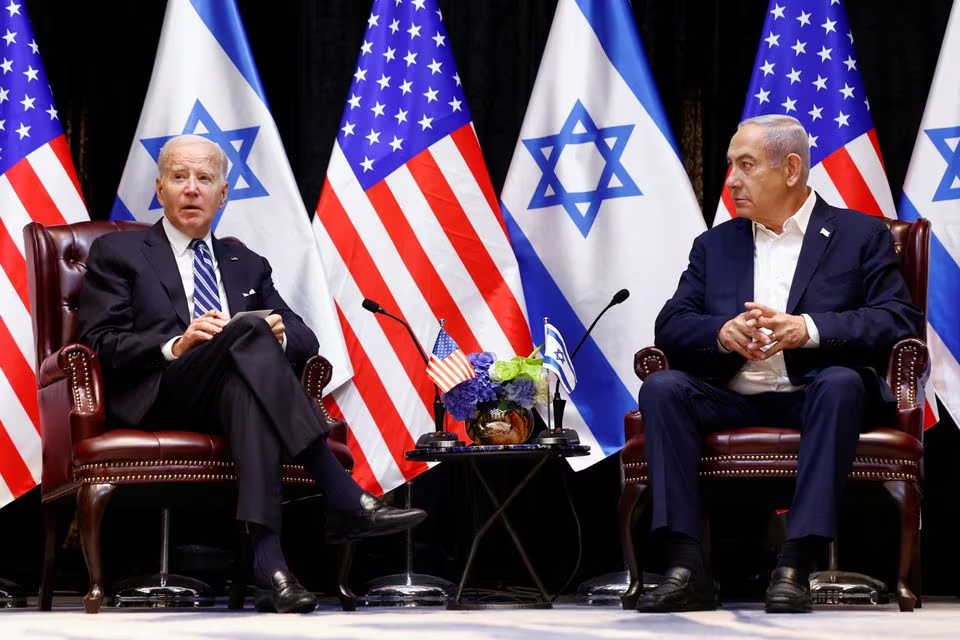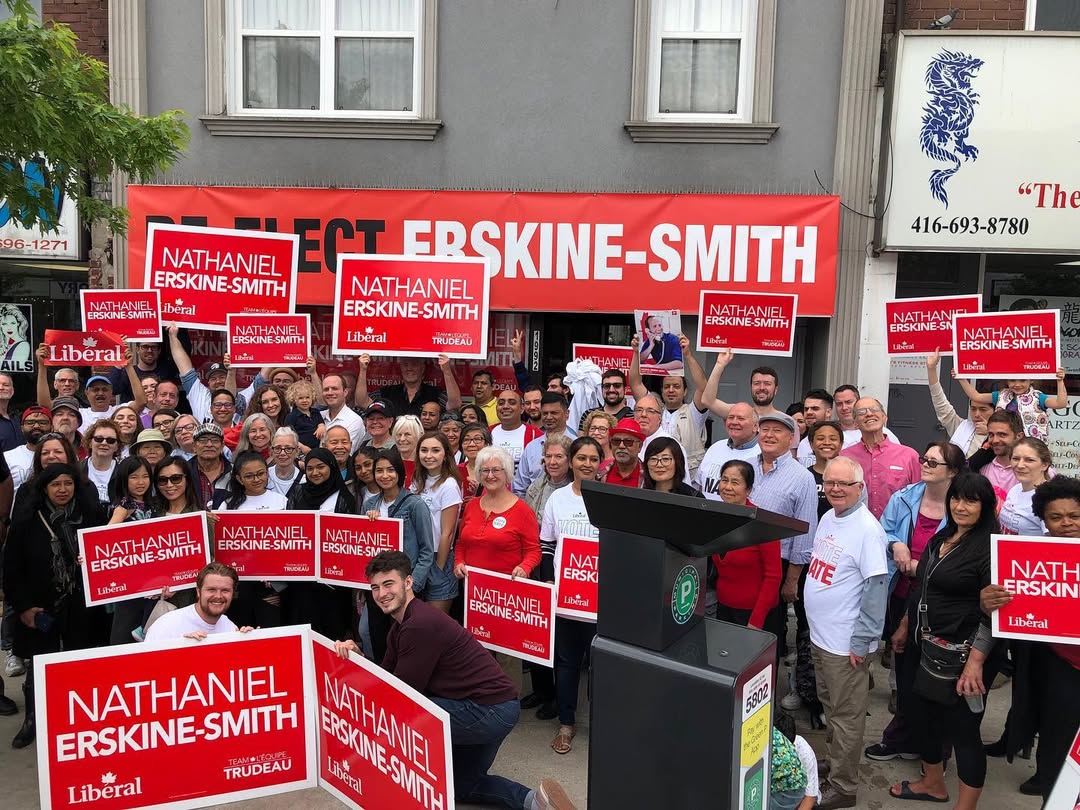The most recent statement from the Prime Minister is on point. What additional actions should follow?

The International Court of Justice issued a statement yesterday “that the most recent developments in the Gaza Strip, and in Rafah in particular, ‘would exponentially increase what is already a humanitarian nightmare with untold regional consequences’, as stated by the United Nations Secretary-General.”
Calling it a “perilous situation”, the ICJ did not make any additional orders, but it did emphasize that Israel must fully comply with the existing provisional orders, “including by ensuring the safety and security of the Palestinians in the Gaza Strip.”
Per the UN: “More than half of Gaza’s population – well over 1 million people – are crammed in Rafah, staring death in the face: They have little to eat, hardly any access to medical care, nowhere to sleep, nowhere safe to go…military operations in Rafah could lead to a slaughter…and leave an already fragile humanitarian operation at death’s door.”
We need to do more to end this humanitarian disaster.
And the world seems to agree.
The Prime Ministers of Australia, Canada, and New Zealand released their own statement on reports of Israel’s planned military operation in Rafah, and it is the strongest statement we’ve seen so far.
They write that “A military operation into Rafah would be catastrophic.”
They call for an immediate humanitarian ceasefire, hostages to be released, and the rapid and unimpeded provision of humanitarian relief to civilians in keeping with the ICJ’s binding provisional orders.
Of course, Israel’s military campaign marches on in the face of excessive civilian harm and the international community’s expressions of concern. And Netanyahu has reportedly walked away from current peace talks.
We need to do more. But what is the more we can do?
I don’t have all of the answers. I’d welcome ideas ([email protected]). But here are at least three things Canada can do if Israel continues to refuse to heed calls from the international community.
First, we should be relentlessly vocal with our ally, the United States. As I’ve written here previously, the Biden administration’s “private diplomacy has worked to limit damage at the margins, but it has also enabled the death and destruction to continue for far too long.”
As Congressman Jason Crow put it: “It’s time to be extremely clear that the United States will not support a ground offensive in Rafah. It’s going to derail opportunities for peace. It’s going to derail our chances of securing a hostage deal.”
Yesterday, President Biden told reporters: “I’ve made the case, and I feel very strongly about it, that there has to be a temporary ceasefire to get the hostages out, and that is underway. I’m still hopeful that can be done. In the meantime, I don’t anticipate, I’m hoping the Israelis will not make any massive land invasion…It is my expectation that’s not going to happen.”
I hope he’s right.
It’s past time for President Biden to make continued American support contingent on a humanitarian ceasefire, an increase in the flow of humanitarian aid, and greater respect for civilian safety.
Second, Canada should reverse its UNRWA suspension decision.
I have both written and spoken to Minister Hussen on this issue, as it appears to have been a poorly considered decision.
While Canada has offered a significant $100 million in overall humanitarian aid, the decision to suspend funding for UNRWA undermines the delivery of that aid at the worst time.
As former New Zealand Prime Minister Helen Clark rightly noted at the time: “Serious as allegations around a tiny % of now former UNRWA staff may be, this isn’t the time to suspend funding to UN’s largest relief and development agency in Gaza.”
Other countries, such as Norway and Ireland, correctly drew a distinction between what individuals may have done and what UNRWA stands for. And it’s important to note that UNRWA appears to have acted quickly in response to the allegations, including by undertaking an investigation.
We should reverse the suspension decision and ensure that our ongoing aid is as effective as possible.
Third, Global Affairs should review our arms exports.
Per Global Affairs, Canada exported $21.3 million of military goods to Israel in 2022. And according to GAC documents, the government authorized $28.5 million of new permits for military exports to Israel between October-December of last year.
These figures pale in comparison to US or German arms exports to Israel and to the $1.15 billion Canada exported to Saudi Arabia in 2022.
Having previously written on multiple occasions to the Foreign Minister to object to our arms trade to Saudi Arabia (and we should all still be concerned about that trade), I’ve always been much more reticent to suggest we reconsider trade to a stated ally.
There are, no doubt, realpolitik considerations here too, given the importance of continued diplomacy with the United Sates to end the war (see point 1).
And yet, we have obligations we must meet pursuant to the Arms Trade Treaty and the Export and Import Permits Act
Per the Act, the Minister shall not issue a permit if there is a substantial risk (s. 7.4) that the goods or tech could be used to commit or facilitate a serious violation of international human rights law (s. 7.3(1)(b)(ii)) or serious acts of violence against women and children (s. 7.3(1)(b)(v)).
This is a very stringent set of rules. The Minister cannot issue a permit where there is a substantial risk that the goods/tech could be used in a particular manner.
And while Global Affairs insists that any permits granted have been for non-lethal equipment, the Act still applies to parts and components.
Earlier this week, the Hague Court of Appeal ruled that the Dutch government failed to comply with its obligations under the Arms Trade Treaty by continuing to export F-35 parts to Israel.
The relevant Minister had re-assessed the export permit following Israel’s attacks in the Gaza Strip and allowed their continuation. That decision was challenged by civil society.
The court determined that Israel’s attacks have caused a disproportionate number of civilian casualties and that Israel does not take sufficient account of the consequences of its attacks on the civilian population.
As a result, the court found there to be “a clear risk that Israel’s F-35 fighter jets might be used in the commission of serious violations of international humanitarian law.”
In light of the Hague court decision, the ICJ court’s determination of “plausible genocide”, the incredible civilian death toll and destruction of civilian infrastructure, and Israel’s military plan for Rafah, Global Affairs should review our compliance with our obligations under the Treaty and Act. If there has been a review undertaken recently, it should be released and scrutinized.
There will be more to consider as the situation continues to unfold. NDP MP Heather McPherson has proposed M-113, for example, to call on the government to officially recognize the State of Palestine.
There is always a delicate balance between forceful public stands and realpolitik diplomatic considerations. Especially when an ally is involved. And yet, as Netanyahu continues to reject “international dictates”, there are only so many options available to us to do more.



